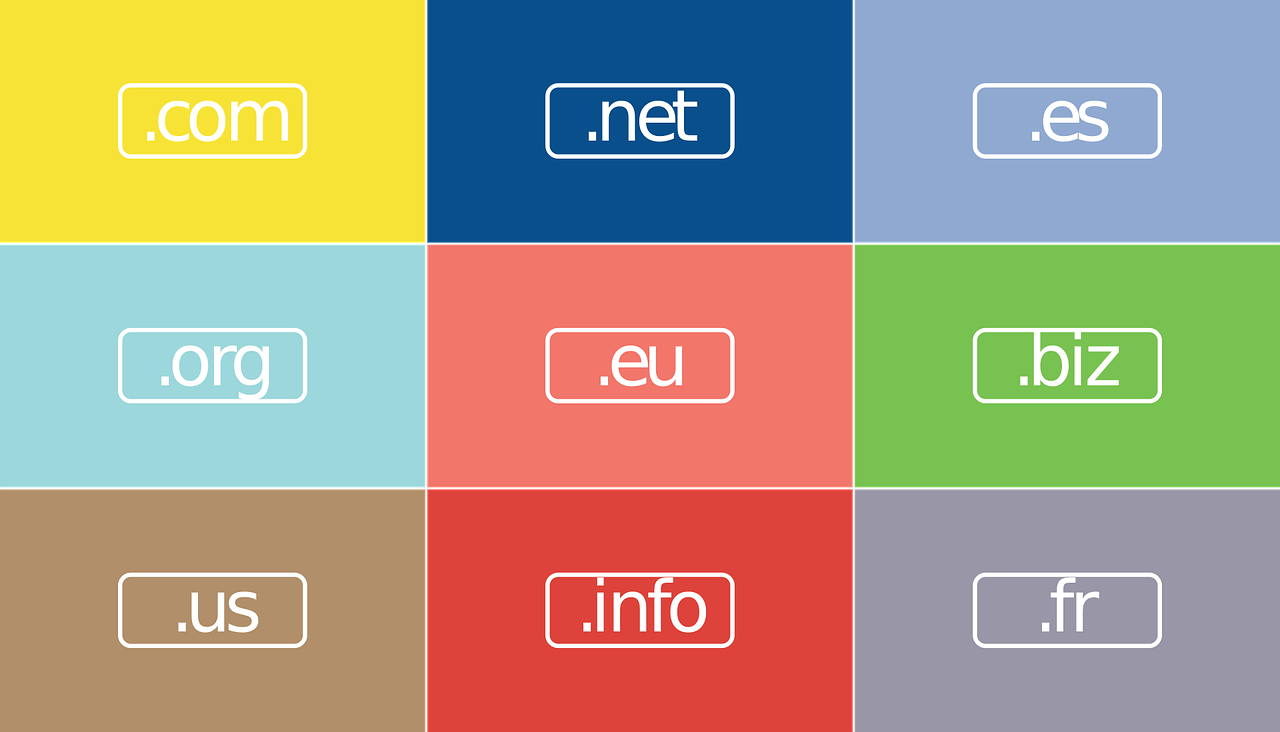One of the most important things when starting a WordPress site is choosing the perfect domain name. This can be a difficult task, but there are some tips that can help make it easier. First, it is important to brainstorm a list of potential names. Once you have a list, you can narrow it down by considering factors such as SEO keywords, easy to remember names, and avoiding copyright infringement.
Top five keywords
When choosing a domain name, think about the words that accurately describe your line of business. For example, if you’re launching a mortgage-related domain, you could use words like mortgage, finance, equity, interest and home. From there, string together some words or add prefixes/suffixes to come up with your domain name. For example, you could end up choosing something like mortgageinfo.com
Unique domain name
If you have a name that sounds identical to another website's, it can lead to chaos. That’s why I never choose a domain with the same name as an already-established website. After years of branding, Flickr needed flickr.com (which they eventually acquired). Whenever people would tell their friends and family to look for their photos on Flickr, the pronunciation sent a lot of traffic to the wrong place!
Choose .com domain names
There are still many people who believe that the .com is the only extension out there. I make this recommendation despite all the new extensions that have become available in recent years. The vast majority of consumers do not perceive domains like ilove.pasta as memorable or even find their way to that site.
Make sure it's easy
If you have to spend a lot of time typing in your domain name correctly due to typing errors, spelling mistakes, or overly long and difficult words, you will lose a good amount of your brand identity and marketing value.
You’ll want to make sure that your company name is easy to remember when you tell a friend about it. You don’t want to be the organization with an incredible product whose name no one can remember. As SEO best practices show, there are many advantages to following good branding practices. Ignoring them, on the other hand, will lead to long-term struggles.
Keep the name short
Short names are easier to remember and enter. They allow more characters in the URL in Search Engine results, and a better fit on social media, magazines, and offline marketing.
Create expectations
One of the most important things about a website is its domain name. When people hear your domain name for the first time they should be able to immediately identify the purpose of your site and what you do. For example, if you’re a job-finding site, your domain name should reflect that.
We like domain names like Hotmail.com, CareerBuilder.com, and AutoTrader.com. However, domains such as Monster.com, Amazon.com, Zillow.com and even Moz.com had to spend a lot more money to build their brand because of an unintuitive name — so if you have an established brand your unintuitive name may not be such a big deal.
Avoid copyright issues
While this error is uncommon, when it does happen, it can have severe consequences even for the most established brands.
Branding
The use of a distinct name can be another advantage in addition to a domain name. A brand is much more than just a combination of words, which is why names like mortgageforyourhome.com and loanratesonline.com cannot compare to the power of more well-known brands like bankrate.com or lendingtree.com. Zappos has better reputation than Shoestore.com, which is why they chose “zappos” as the name. This is a good example of why some may choose to maintain their company name as the domain name.
Avoid trends
Websites that rely on bizarre misspellings, multiple hyphens, or short, generic adjectives may not be the best choice. Check out how many people started their company name with “AAA” for the past 50 years just to rank high in the phonebook. How many Fortune 2000 companies are named “AAA Corporation”? None!

Nadejda Milanova
An experienced Content creator in the field of Search Engine Optimization (SEO) and WordPress. A true proffesional with a Master's degree focused on journalism.
Read more by Nadejda Milanova





